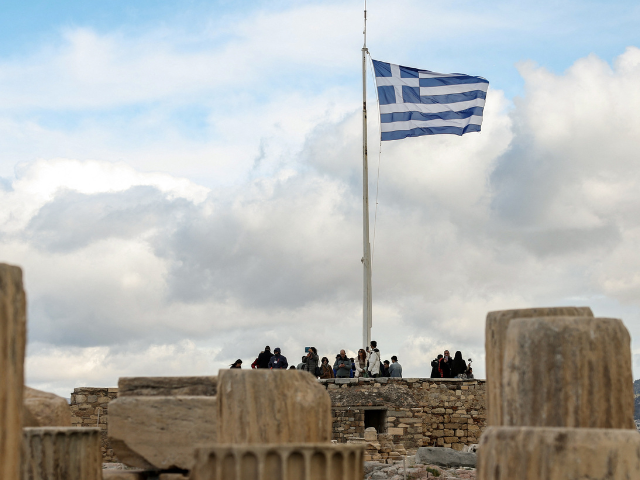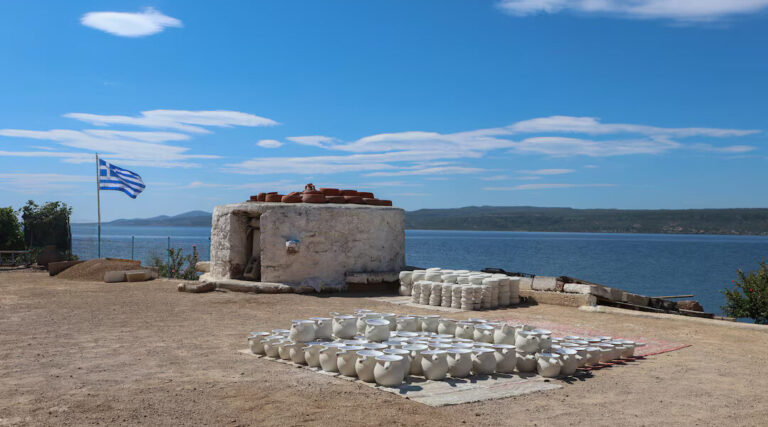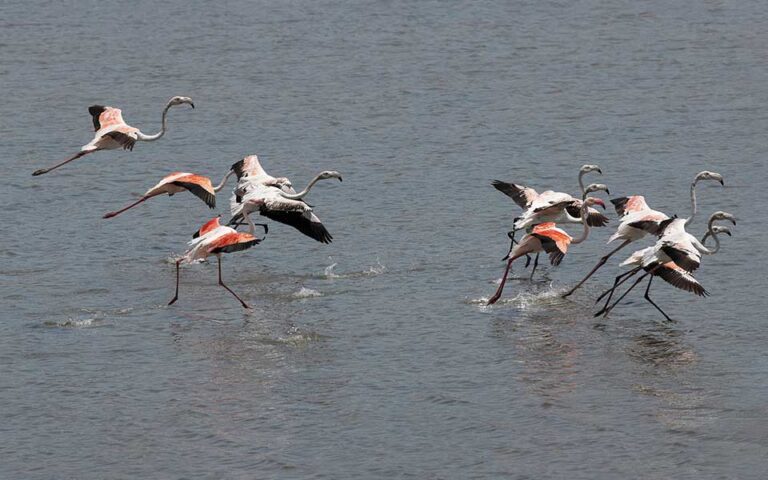Struggling for Time on Lesvos: The Impact of EU and National Legislation and Procedures on Refugee Temporalities
Since the summer of 2015, the Greek island of Lesvos has been centre stage of the so-called refugee crisis and one of the sites where new EU policies for migration control have been tested and implemented. This combined study of jurisprudence with ethnographic fieldwork aims to understand the impact of the asylum regime on the…




